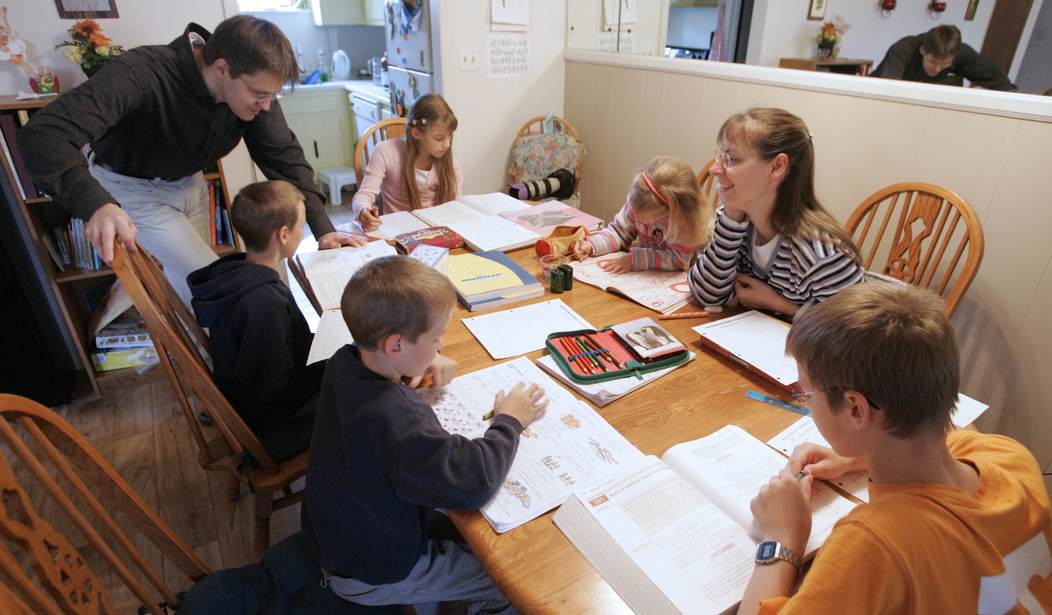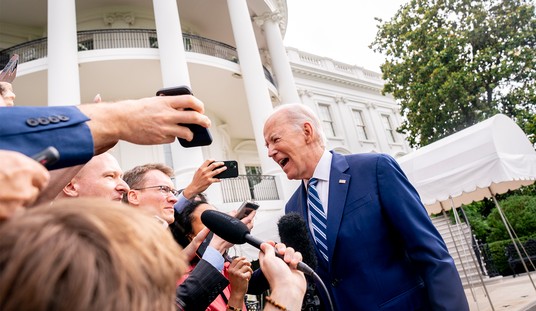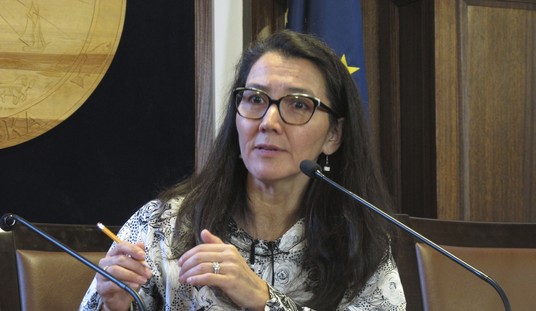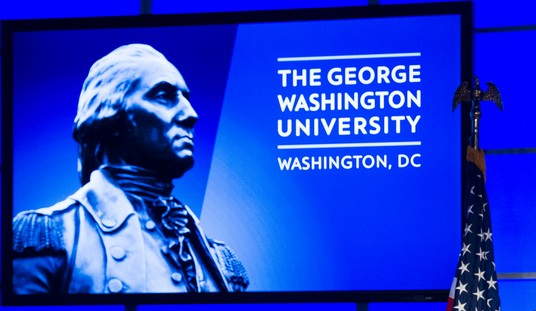Hands down, without even a shadow of a doubt, the best children's show on television at this moment is "Bluey," an Australian show about anthropomorphic dogs that centers around the Heeler family, a nuclear family of blue heelers with the father, Bandit, the mother, Chilli, and the sisters Bluey and Bingo.
The show doesn't have any superheroes, there's no flashy action, it's just parents being parents and kids being kids. The show is as hilarious as it is touching. The show highlights the bond between family members and the importance of being kind. But what makes the show special besides its heart and humor is the fact that it speaks to parents as much as it does to children. One of my friends described it as a "show aimed at adults but geared toward children," and I can't disagree with her.
Parents will often find themselves relating to Bandit and Chilli. Like every parent, they love to share the joy of discovery and play with their kids, but they're also open about their frustrations and exhaustion. Since I became a dad just over a year ago, "Bluey" helped me feel less alone as a parent.
The show is chock-full of these moments, including this one, in particular, geared toward overwhelmed first-time moms who don't know if they're doing a good job.
But while no one has too much to comment on about Chilli, the father, Bandit, gets people's ire over the show worked up, specifically culture critics on the left. Why? Because Bandit isn't a distant character in the show, he's front and center, often playing with the kids — even more than Chilli does.
Bandit has been criticized by many as being an unrealistic father figure. He spends a great deal of time with his children, often coming up with fun games to play and taking a "yes and" style to their playtime. He's depicted as clever, able to find ways to teach his children lessons in the process without them even knowing he's doing it.
And for some reason, this upsets people. In fact, in a New York Times piece published on Monday, Amanda Hess wrote that Bandit was "weirdly present" and described him as an unrealistic figure who spends time with the kids, helps with the housework, and still carries on a job.
“Bandit represents a parent freed of drudgery, one whose central responsibility is delighting his kids,” Hess claims.
Hess had the same complaint about the character Chum Chum for the Daily Wire's children's show "Chip Chilla," a show that unmistakably takes inspiration from Bluey. In that show, Chum Chum is the father of two homeschooled children, and he teaches them about history. Like Bandit, Chum Chum is a jokester who focuses on making sure his children have a loving home, a good heart, and a breadth of knowledge.
Jeremy Boreing reacted to Hess's article in an X post:
There are two kids shows that stand out to the @nytimes as problematic: Bentkey’s Chip Chilla and Bluey. And what’s so problematic? “Weirdly present” fathers. Both fathers are derided as a “fantasy” for being so active and engaged with their children but, according to NYT, Chip Chilla is the far more offensive of the two because Chum Chum teaches “lessons about dead white people” (read: George Washington, Ben Franklin, Neil Armstrong, etc.) and leads his kids in fun games and lessons as a way of establishing “male authority.” Chip Chilla is the most popular show on our new Bentkey platform, and Bluey is the most popular children’s show period. It’s no coincidence that two shows that feature loving and engaged nuclear families with great values who actually enjoy being together are so popular.
“Both fathers are derided as a ‘fantasy’ for being so active and engaged with their children but, according to NYT, Chip Chilla is the far more offensive of the two because Chum Chum teaches ‘lessons about dead white people’ (read: George Washington, Ben Franklin, Neil Armstrong, etc.) and leads his kids in fun games and lessons as a way of establishing ‘male authority,’” Boreing wrote.
“Chip Chilla is the most popular show on our new Bentkey platform, and Bluey is the most popular children’s show period,” Boreing added. “It’s no coincidence that two shows that feature loving and engaged nuclear families with great values who actually enjoy being together are so popular.”
There are two kids shows that stand out to the @nytimes as problematic: Bentkey’s Chip Chilla and Bluey. And what’s so problematic? “Weirdly present” fathers.
— Jeremy Boreing (@JeremyDBoreing) December 19, 2023
Both fathers are derided as a “fantasy” for being so active and engaged with their children but, according to NYT, Chip… pic.twitter.com/Y5E87h5x65
Boreing is right. The left has demonstrated repeatedly that it has a huge problem with the depiction of a standard nuclear family, especially when it comes to children's shows, but the more egregious complaint is that a father can't be present and involved in his children's lives.
I don't know what Hess's life was like growing up. Perhaps her father wasn't around much, which would explain why she's a New York Times writer complaining about "weirdly present" fathers, but there's nothing about a fatherly presence in the home being "weird."
Is Bandit and Chum Chum's availability a bit exaggerated? Sure. But that's hardly an issue. It's a kid's show that centers mostly on parent and child interaction. A little bit of pretending a dad has more time than most actually do isn't outside the realm of storytelling.
And if that bothers you, then I'm going to blow your mind by telling you that ducks don't actually own large vaults of golden coins and mice don't drive steamboats. I think a cartoon dog with time for his kids is hardly a shock.
But the thing I love most about Bandit and Chum Chum, and probably the thing that leftist journalists hate most, is that they're normalizing fathers being involved with their children, and in a positive way to boot. Too often, I see shows, movies, and more that feature absentee fathers or dads who are complete idiots. You hardly ever see a competent, caring, and involved father in the media anymore.
This is the thing that needs to be normalized in our society. Present fathers who are loving, competent, and engaged are what we need more of, not less.












